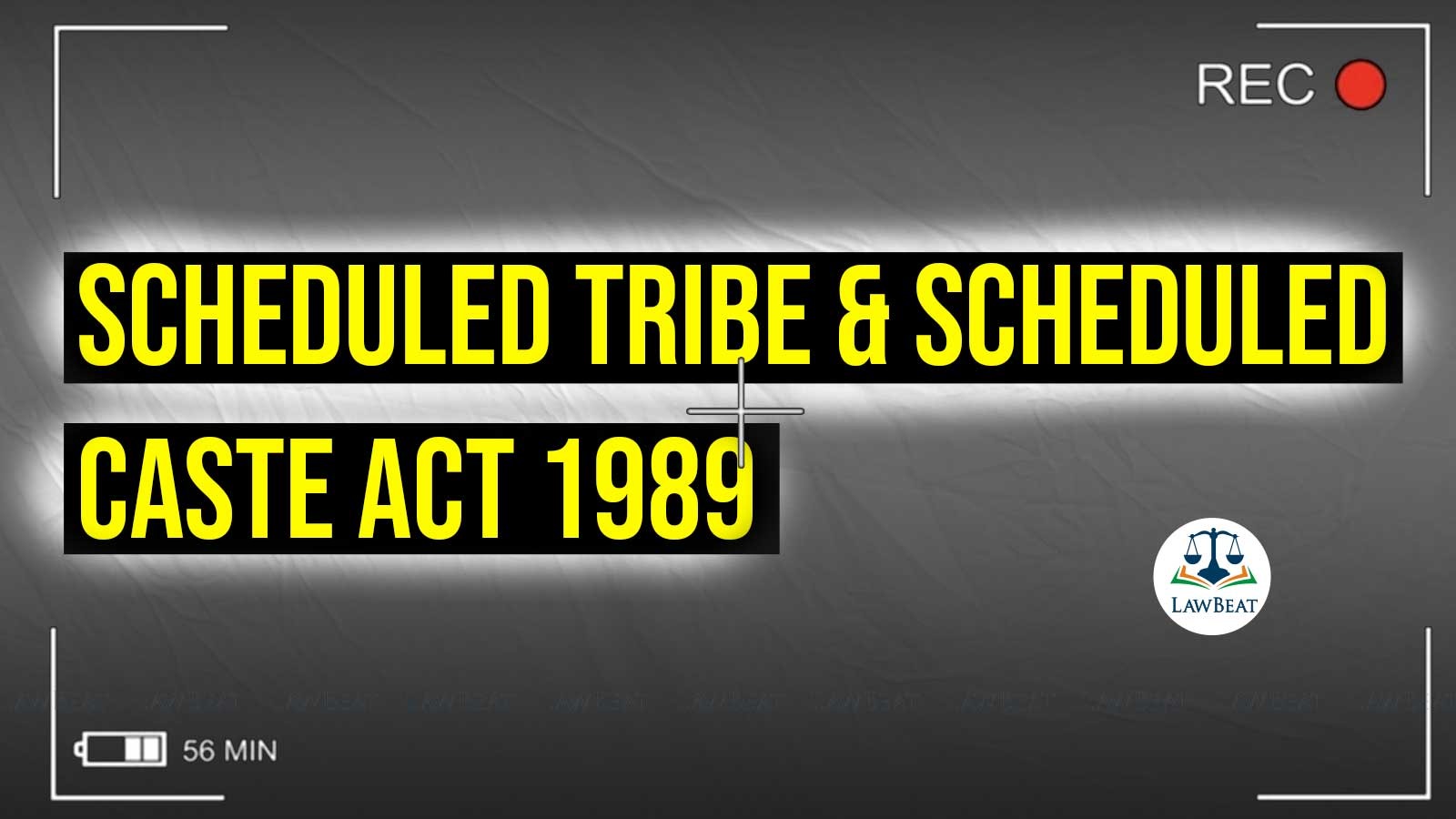All Proceedings Under SC/ST Act To Be Recorded; Bombay HC Directs State To Provide VC Facilities To Courts

Dr Tadvi, a second-year postgraduate medical student at Mumbai's BYL Nair hospital, took her own life on May 22, 2019, in her hostel room. A purported suicide note attributed her death to harassment by the three senior doctors. The family of Dr Tadvi claimed that the accused had subjected her to harassment, ragging, and casteist slurs. The trio was initially arrested but later released on bail.
The Bombay High Court has recently held that all proceedings under the Scheduled Tribe and Scheduled Caste (Prevention of Atrocities) Act, 1989, must be video recorded, even when they are held in open courts.
The division bench of the high court, comprising Chief Justice Devendra Upadhyay and Justice Sarang Kotwal, was hearing a reference made by a single judge during the consideration of a bail application in a criminal appeal.
The high court was considering the bail application of three doctors namely Hema Ahuja, Bhakti Mehare, and Ankita Khandelwal who were charged with abetting the suicide of their junior colleague, Dr. Payal Tadvi, in 2019.
Dr Tadvi, a second-year postgraduate medical student at Mumbai's BYL Nair hospital, took her own life on May 22, 2019, in her hostel room. A purported suicide note attributed her death to harassment by the three senior doctors.
The family of Dr Tadvi claimed that the accused had subjected her to harassment, ragging, and casteist slurs. The trio was initially arrested but later released on bail.
The appeals were initially being heard by retired Justice Dama Seshadri Naidu, who ruled that the proceedings were to be video recorded.
However, when the appeals were adjourned and placed before a different bench presided over by Justice Sadhna Jadhav, she opined that not all recordings needed to be video recorded.
Due to the conflicting views on the matter, the issue was referred to the division bench for resolution.
Earlier the high court sought the assistance of the Advocate General of Maharashtra and Additional Solicitor General of India to decide which proceedings are to be recorded under Section 15A of the Scheduled Tribe and Scheduled Caste (Prevention of Atrocities) Act 1989.
The division bench ultimately held that the proceedings must be mandatorily video recorded.
“The ‘proceedings’ under Section 15-A(10) of the Scheduled Castes and Scheduled Tribes (Prevention of Atrocities) Act would cover all proceedings including a ‘judicial proceeding’. The section 15A(10) can be implemented in the absence of rules framed under the Act or formulation of a scheme for implementation," the order states.
The bench directed the state to provide video conferencing (VC) facilities to all courts and also emphasized that until the facility is made available, courts can proceed without recording the proceedings since the personal liberty of the accused is at stake.
“We direct the State Government to provide the facility of video recording in all the Courts in the State of Maharashtra wherever the proceedings under the Atrocities Act are to be taken up. This shall be done at the earliest…Till the time such facilities are provided, the Courts where the facilities are not provided, may proceed without video recording the proceedings especially when the personal liberty of an accused is at stake," the order states.
Case title: Dr. Hema Suresh Ahuja & Ors vs State of Maharashtra & Anr
